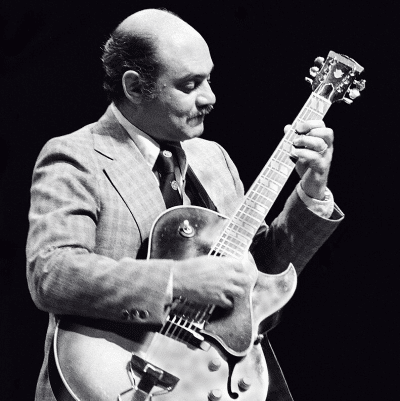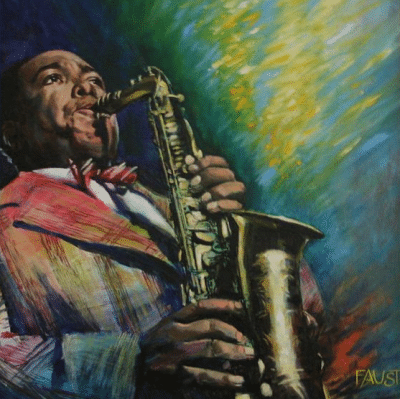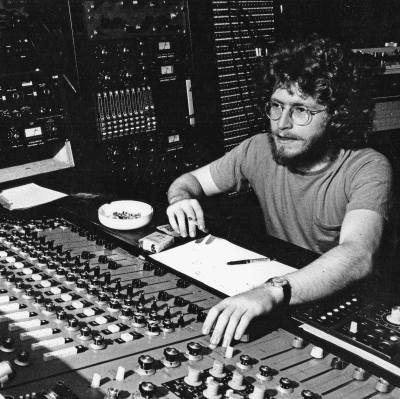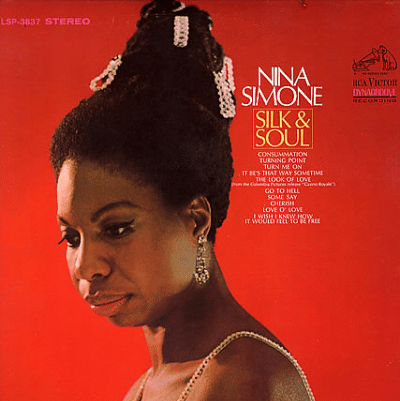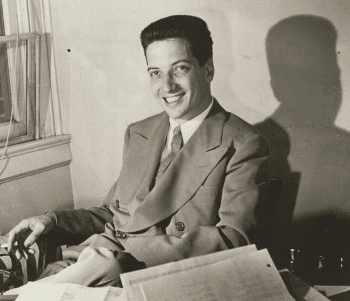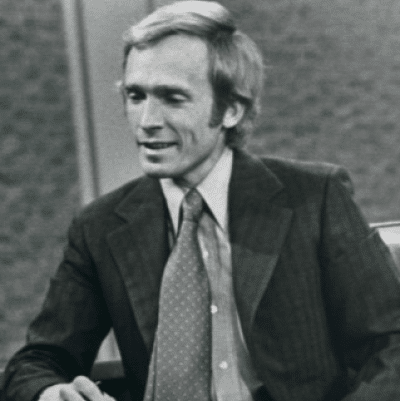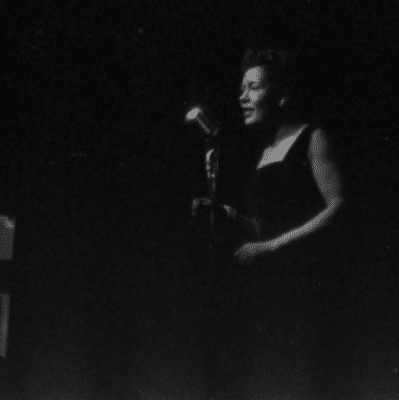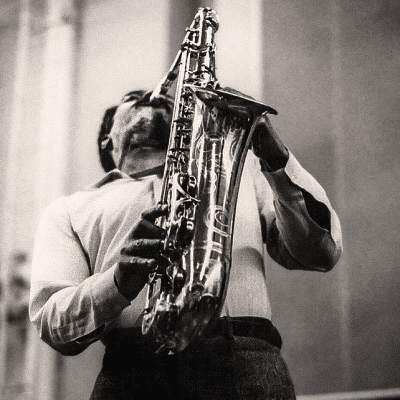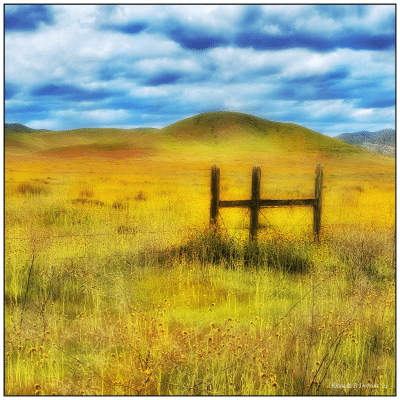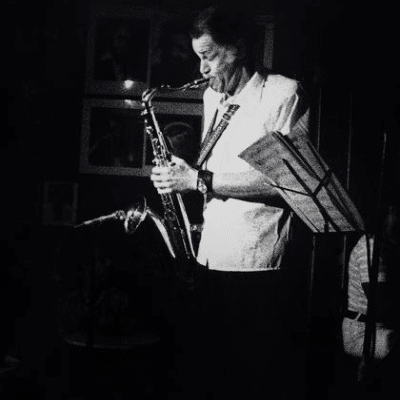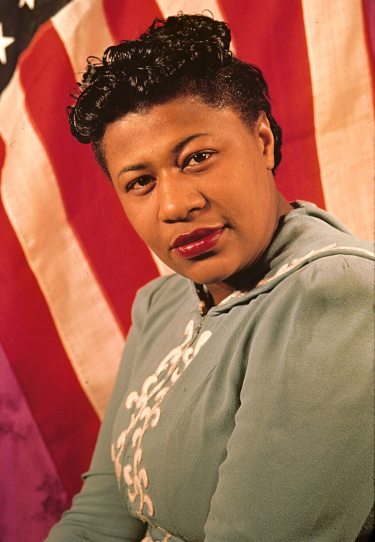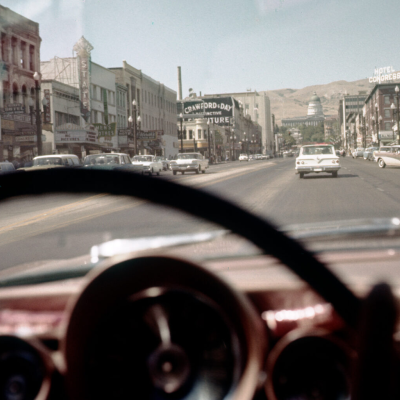Interview with Tad Richards, author of Jazz With a Beat: Small Group Swing, 1940 – 1960
While small group swing was shunned by the jazz critical establishment for being too flamboyant and too close a cousin to the emerging (and despised) rock and roll, Richards makes the case that small group swing players like Illinois Jacquet, Louis Jordan, Big Jay McNeely, Joe Liggins, Red Prysock, T-Bone Walker and Ray Charles played a legitimate jazz that was a more pleasing listening experience to the Black community than the bebop of Parker, Dizzy, Bud Powell and Monk. It is a fascinating era, filled with major figures and events, and centered on a rigorous debate that continues to this day – is small group swing “real jazz?”
...April 29th, 2024





